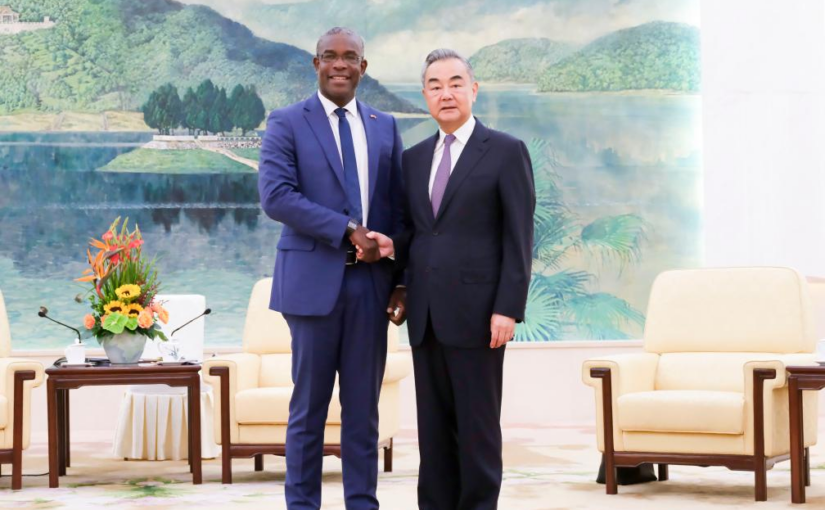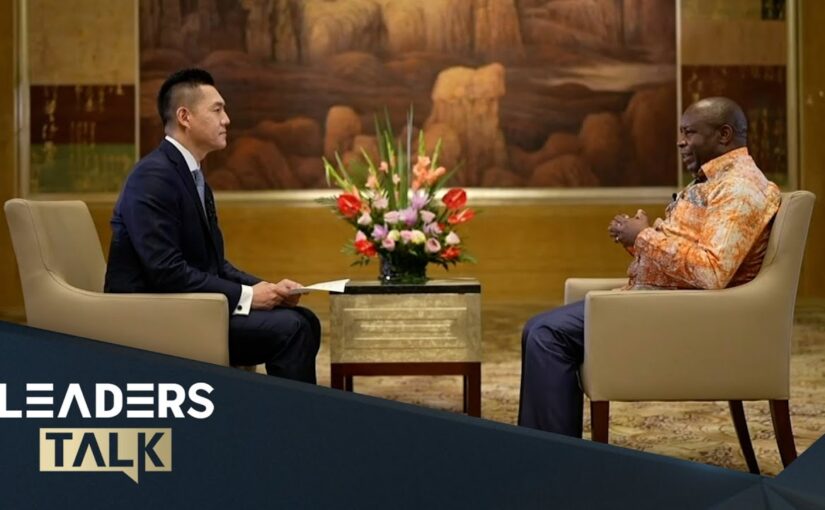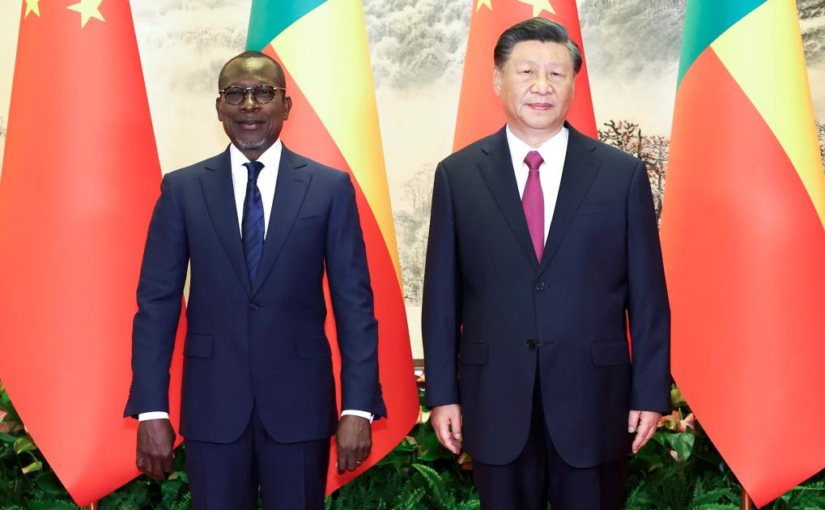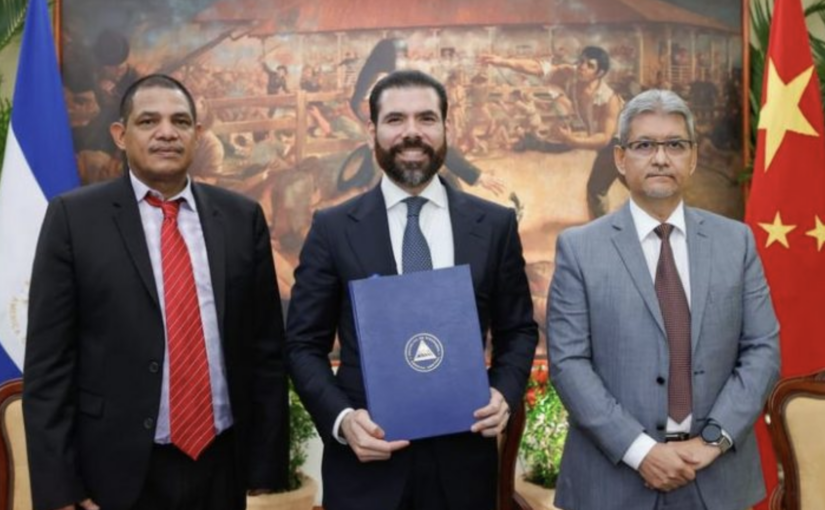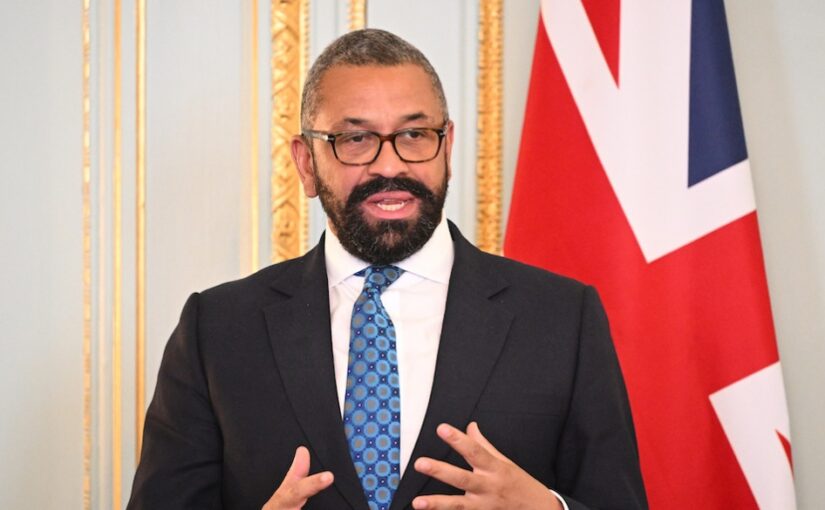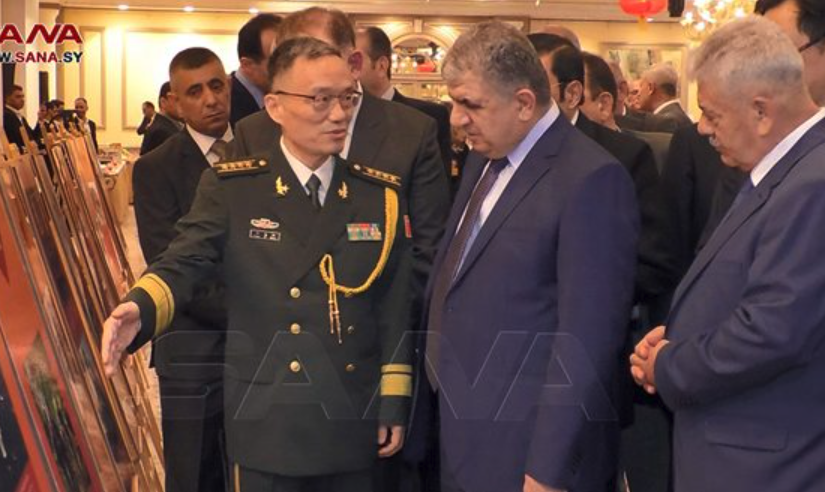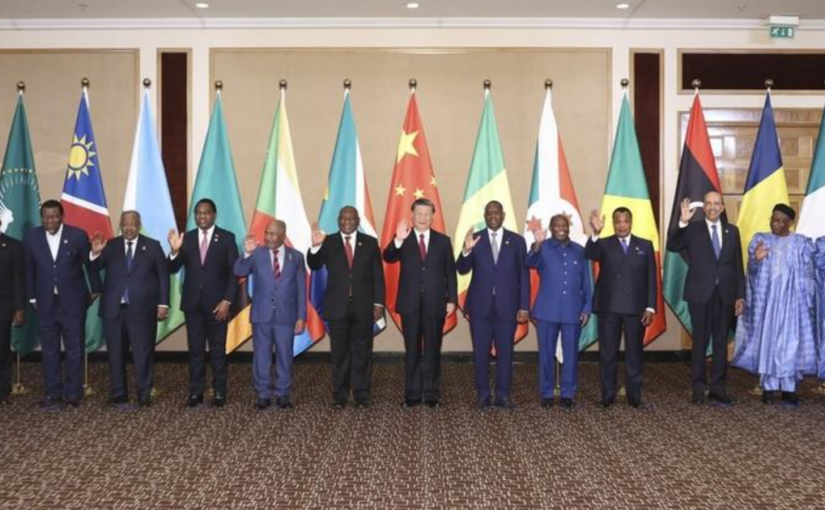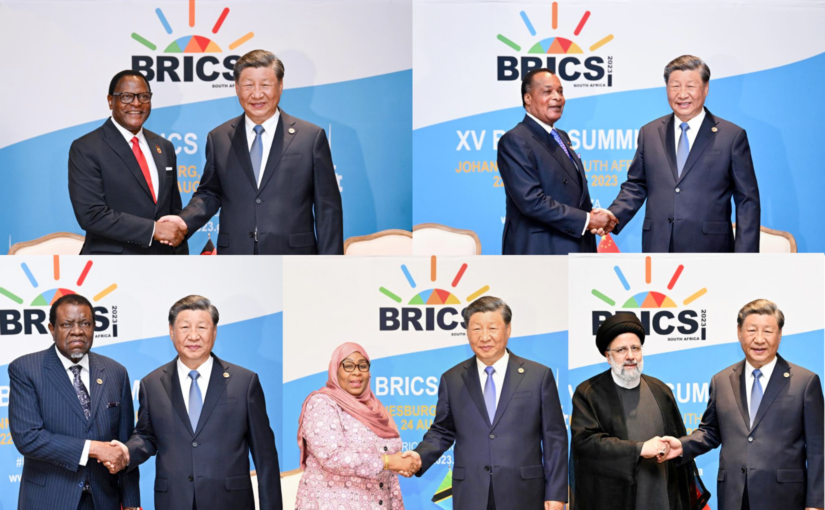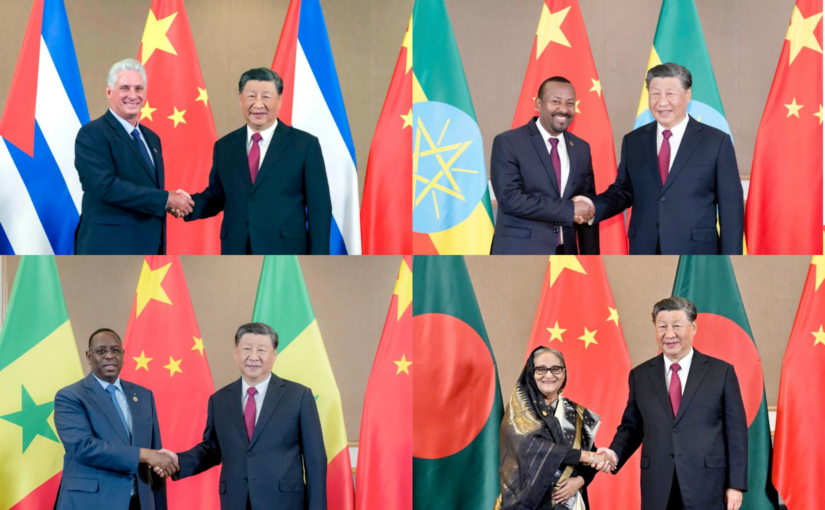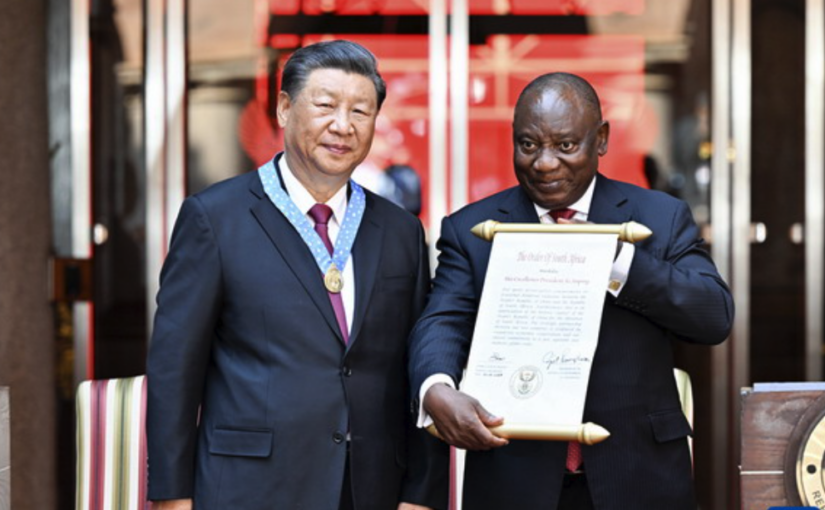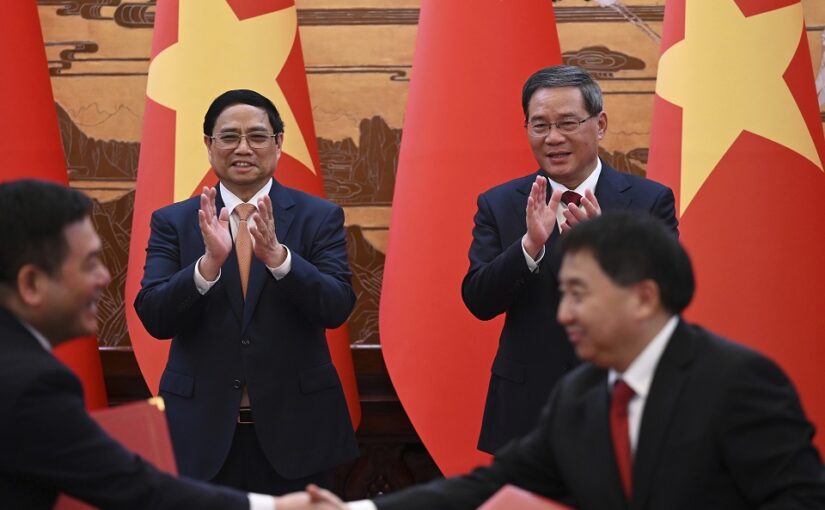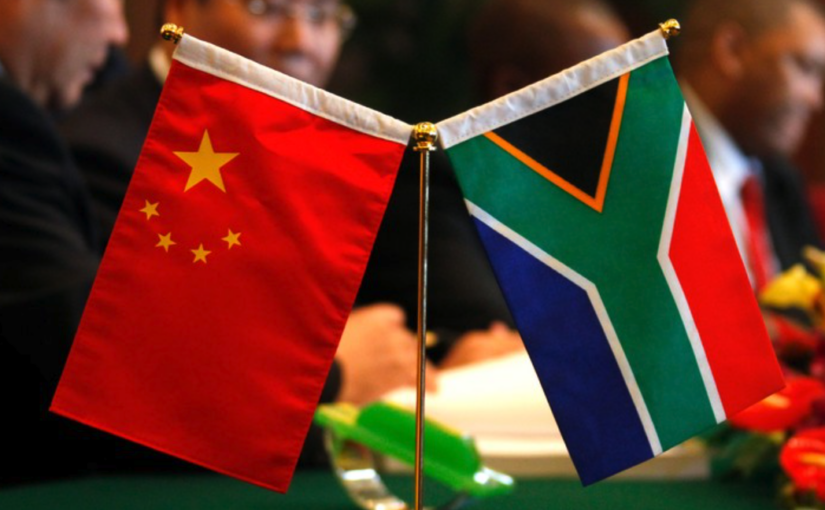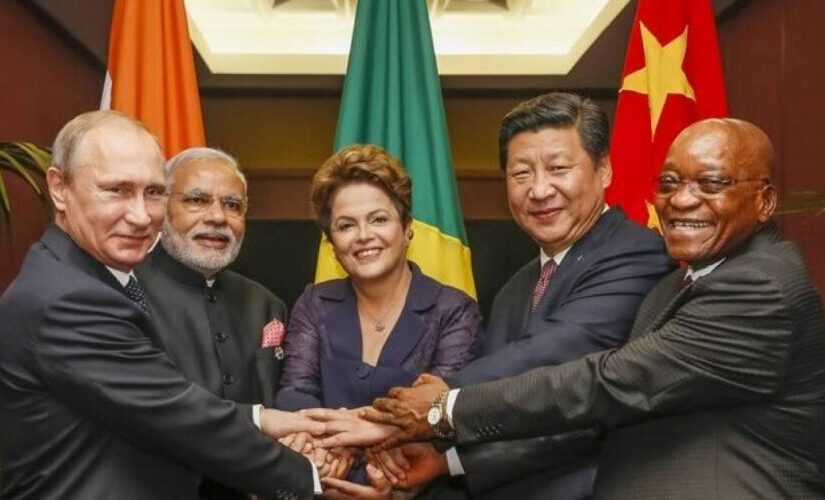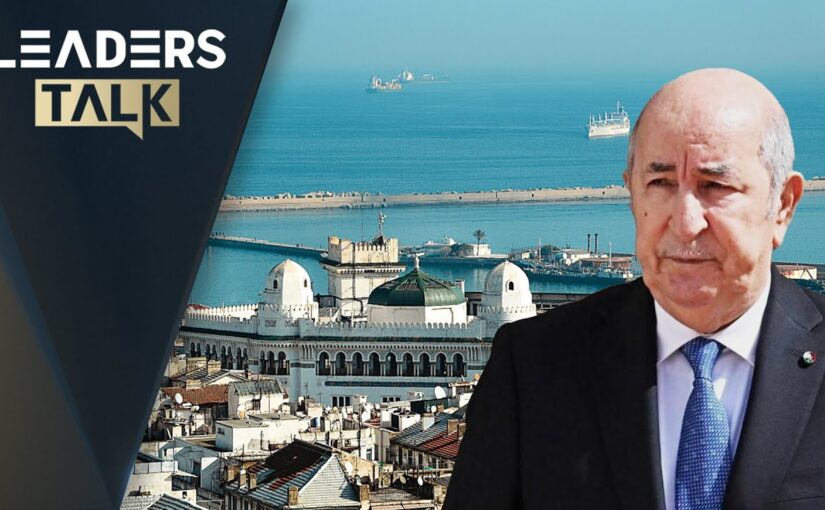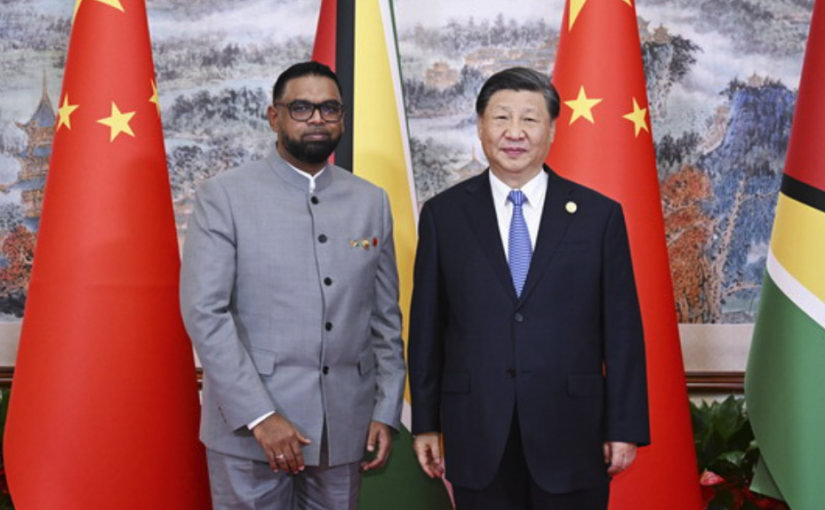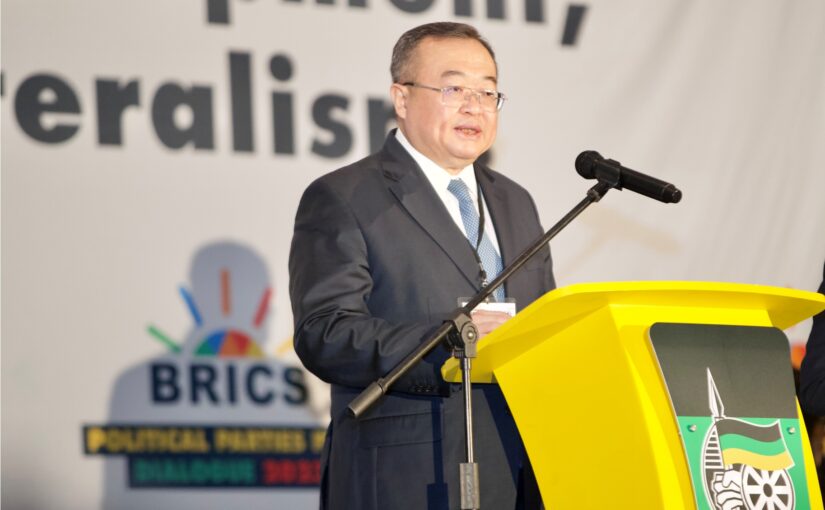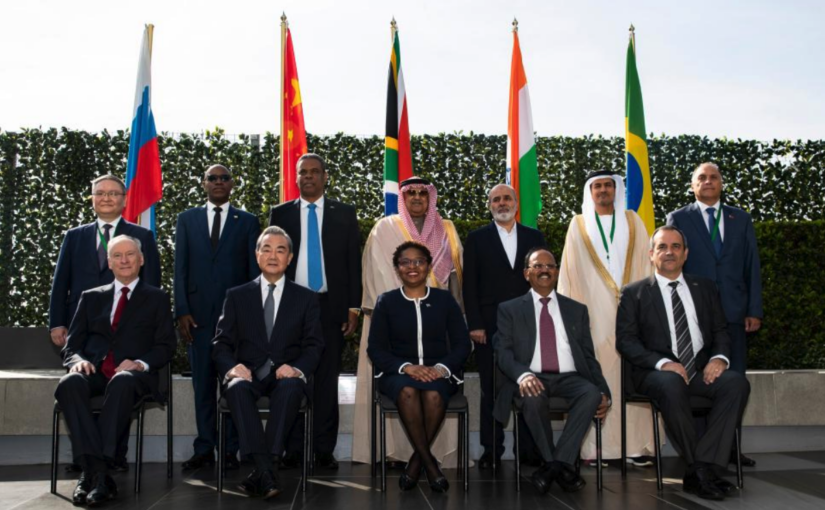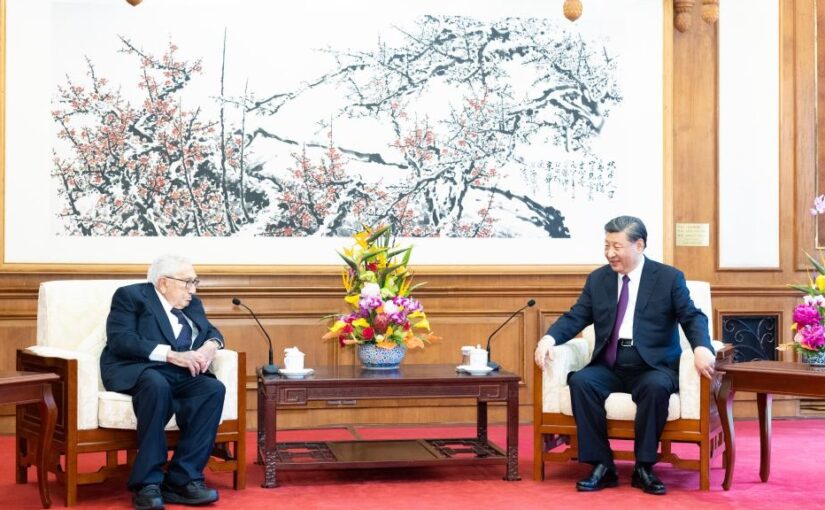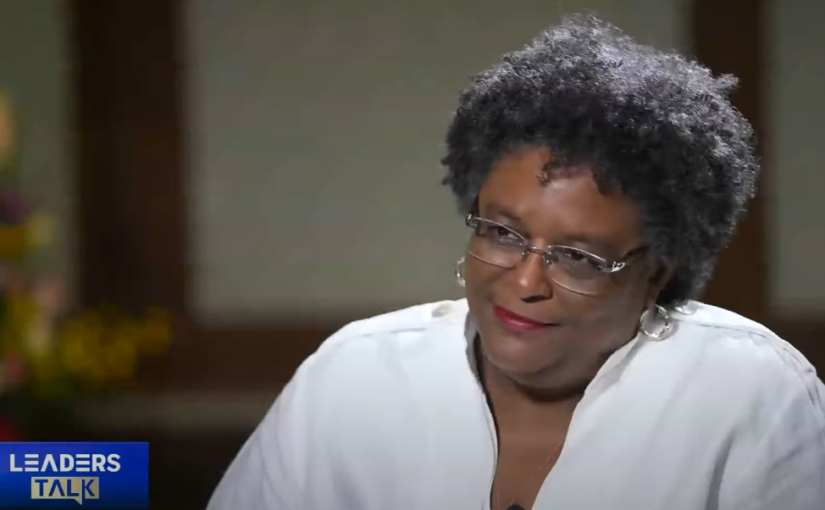Liu Jianchao, Minister of the International Department of the Central Committee of the Communist Party of China (IDCPC) recently visited South Africa to attend the BRICS Political Parties Plus Dialogue, which was organised by the African National Congress (ANC) of South Africa under the theme of ‘BRICS and Africa: Partnership for Mutually Accelerated Growth, Sustainable Development, and Inclusive Multilateralism’. This was one of the preparatory international gatherings being held in South Africa as it prepares to host the BRICS Summit later in August. Reflecting the trend of more countries seeking to join BRCS, the meeting was attended by leading members of 41 political parties.
Addressing the meeting, which was held on July 18, Liu said, in the past 17 years, the BRICS countries have turned many seemingly impossible things into reality step by step, becoming an important force for maintaining world peace and stability, revitalising the cause of global development, and promoting the progress of human civilisation. He added that the the Chinese side firmly supports the deepening and expansion of the “BRICS+” cooperation mode, and supports the efforts to advance the BRICS expansion process, and to enhance the representativeness and influence of the BRICS, so as to gather more strength for maintaining world peace and promoting common development.
The previous day, Liu had met with Fikile Mbalula, Secretary-General of the ANC. Liu said that, since the establishment of the relationship between the CPC and the ANC 40 years ago, both parties have always supported each other, laying an important political foundation for the development of relations between the two countries. It should be noted that, whilst the formal relations between the ANC and CPC were established 40 years ago, the relations between the ANC and China date back to at least 1954, when Nelson Mandela sent Walter Sisulu to the country to seek China’s support for the anti-apartheid struggle. However, at that time, and for years to come, the IDCPC maintained a formal position of only establishing party-to-party relations with fellow communist parties and organisations, so the ties were previously handled by other departments.
Mbalula said, the ANC thanked the Chinese side for its strong support for the Former Liberation Movements of Southern Africa during the construction of the Mwalimu Julius Nyerere Leadership School in Tanzania. He hoped to make good use of this platform, enhance governing capabilities and better build his country. The South African side supports a series of important global initiatives put forward by President Xi Jinping, and is willing to strengthen coordination and cooperation with the Chinese side in BRICS and other multilateral mechanisms to build a better world.
On July 18, Liu met with Cyril Ramaphosa, President of the ANC and of the Republic of South Africa. Ramaphosa stated that China is an important strategic partner for South Africa and expressed gratitude to the Chinese side for its valuable support in South Africa’s struggle for national independence, liberation, and economic development, as well as its support for hosting the BRICS Summit. The ANC regards the CPC as a trustworthy friend and appreciates the assistance provided by the CPC in areas such as official training.
Liu also met with Solly Afrika Mapaila, Secretary-General of the South African Communist Party (SACP). Liu stated that the CPC and the SACP are both Marxist political parties and good comrades and brothers. The Chinese side is willing to strengthen exchanges and mutual learning with the SACP, promote theoretical innovation in Marxism based on practice, provide scientific theoretical guidance for the development of undertakings of our respective countries, and work together to promote unity and cooperation among progressive forces in China and Africa, as well as the development of the international socialist movement.
Recalling his recent visit to China, Mapaila said the SACP attaches great importance to its relationship with the CPC and hopes to further strengthen friendly exchanges between the two parties, learn from the CPC’s experience in party building and state governance, and promote the national democratic revolution in South Africa.
Liu also met with political party leaders from other countries in the margins of the conference. Meeting with Roque Silva Samuel, Secretary-General of the Mozambique Liberation Front (FRELIMO), Liu said that China and Mozambique are good friends, partners, and brothers sharing weal and woe. In recent years, President Xi Jinping and President Filipe Nyusi have maintained close exchanges, charting the course for the development of bilateral relations. The CPC and FRELIMO have a long-standing friendship, he noted.
Silva also said that the people of Mozambique and China have a long-standing friendship and expressed gratitude for China’s strong support to Mozambique’s efforts in struggling for national independence and national development, and maintaining national stability. FRELIMO cherishes the brotherly friendship with the CPC and hopes to strengthen all-round exchanges and cooperation, and push bilateral relations forward.
Following his stay in South Africa, Minister Liu visited Madagascar and Mauritius, two important island countries in Africa. On July 21, he met with Madagascar President Andry Rajoelina, who said that China is a good friend and trustworthy partner of his country and thanked the Chinese side for providing valuable assistance for Madagascar’s economic and social development and for improving the lives of the Madagascan people over a long period of time. The Madagascan side admires the CPC for leading the Chinese people to achieve great development achievements and become the world’s second largest economy. This has set an example for developing countries including Madagascar, and strengthened Madagascar’s confidence in realising its own development and its determination to reinforce cooperation with China. The ruling parties of Madagascar and China have similar philosophies, he said, adding that Madagascar has always stood with China, firmly supported China’s position in international affairs, supported China-proposed major global initiatives, and is willing to be a window and platform to promote Africa-China cooperation.
Whilst in Madagascar, Liu also met with the Foreign Minister and the Presidents of the National Assembly and the Senate.
On July 24, Liu met with Pravind Kumar Jugnauth, Leader of the Militant Socialist Movement (MSM) and Prime Minister of Mauritius, in the capital, Port Louis. Jugnauth recalled that he had met with President Xi Jinping twice in 2018, something which is still fresh in his memory. The friendship between Mauritius and China has a long history, he noted, with the governments and political parties of the two sides maintaining friendly exchanges and numerous cultural exchanges.
Liu also met with Maneesh Gobin, General Secretary of the MSM, together with a number of government ministers. Liu said that China and Mauritius share extensive common interests in safeguarding the rights and interests of developing countries and addressing global challenges such as climate change. The Chinese side supports Mauritius in playing a role in international and regional affairs, and is willing to strengthen international cooperation, jointly oppose hegemonism and power politics, and benefit the people of China and Africa.
General Secretary Gobin said he believed that China had not only achieved its own prosperity and development, but also benefited Africa and the world at large through its development. He added that, since the MSM established relations with the CPC, the two parties have maintained friendly relations and regular exchanges. The Chinese side has given huge support to the MSM and the people of Mauritius in project exchanges, skills training, and facility funds. The Mauritian side particularly thanked China for the vaccines and other support offered during the COVID-19 pandemic, which helped Mauritius successfully control it. Mauritius is the first African country to sign a free trade agreement with China, he observed. It is hoped that the two sides will expand cooperation in trade, finance, education, science, technology, and media, strengthen infrastructure construction, and treat Mauritius as a bridge to develop business with Africa.
Minister Liu also met with a number of other ministers, including the Foreign Minister and leader of the Patriotic Movement of Mauritius, in the course of his visit.
The following reports were originally published on the website of the IDCPC.
Liu Jianchao Attends BRICS Political Parties Plus Dialogue
Johannesburg, July 18th—The BRICS Political Parties Plus Dialogue was held here today by the African National Congress (ANC) of South Africa under the theme of BRICS and Africa: Partnership for Mutually Accelerated Growth, Sustainable Development, and Inclusive Multilateralism. Paul Mashatile, Deputy President of the ANC and Deputy President of South Africa attended and addressed the function. Liu Jianchao, Minister of the International Department of the CPC Central Committee, attended the dialogue and delivered a speech. About 400 participants were present, including representatives of political parties of BRICS such as Fikile Mbalula, Secretary-General of the ANC, political heavyweights from 41 political parties, such as former South African presidents Thabo Mbeki and Kgalema Motlanthe, and Olusegun Obasanjo, the former Nigerian president, as well as representatives from international organizations.
Liu said, in the past 17 years, the BRICS countries have turned many seemingly impossible things into reality step by step, becoming an important force for maintaining world peace and stability, revitalizing the cause of global development, and promoting the progress of human civilization. The BRICS have adhered to the value of development and sharing, and continuously injected strong impetus into the development of the global economy; adhered to the value of building security together, and have successfully blazed a path of security featuring dialogue rather than confrontation, consultation rather than coercion, and partnership rather than alliance, and adhered to the value of co-existence among civilizations to enhance mutual understanding among people.
Liu said, political parties are the source of policies of countries, representatives of people’s interests, and an important force that determines the domestic and foreign affairs of a country. Every gathering of the BRICS political parties is not only a summary of cooperation experience, but also shows our commitment to cooperation, and an exploration of the future of cooperation. The CPC is willing to work with political parties of other countries to build and make good use of the BRICS Political Parties Plus Dialogue platform. We should focus on coordinated development and be a contributor to global development; strengthen solidarity and coordination to be a builder of world peace; promote exchanges and mutual learning and be a promoter of civilizations; improve global governance and be a defender of international order.
Liu said, the Chinese side firmly supports the deepening and expansion of the “BRICS+” cooperation mode, and supports the efforts to advance the BRICS expansion process, and enhance the representativeness and influence of the BRICS, so as to gather more strength for maintaining world peace and promoting common development. BRICS and Africa should forge a partnership that promotes global development causes, maintains world peace and security, carries out exchanges and mutual learning among civilizations, and practices true multilateralism. Both sides should jointly implement the Global Development Initiative, the Global Security Initiative and Global Civilization Initiative, and make the development of the international order more just and equitable.
Representatives of political parties from all countries present said in their speeches that major changes have taken place in the geopolitical landscape of the world today, and the role of the BRICS has become increasingly prominent. The BRICS countries should work with other countries to promote the construction of a mechanism featuring inclusiveness and development that meets the needs of mankind. As an important force in the political life of each country, political parties should shoulder the political responsibilities of leading the way, building consensus, promoting development, strengthening cooperation, and improving governance, and actively explore modernization paths that suit their own national conditions.
Representatives from all countries voiced support for the strengthening of cooperation between BRICS countries and Africa, to accelerate economic growth in Africa and the world. They stressed their support for the central role of the United Nations in international affairs, upholding true multilateralism, and safeguarding international fairness and justice. As an important part of the BRICS mechanism, the BRICS Political Parties Plus Dialogue plays an important role in building consensus among political parties and promoting BRICS cooperation. Therefore the dialogue should be made a institutionalized one to strive for more practical results.
Continue reading Liu Jianchao: BRICS countries have become an important force for peace and development
